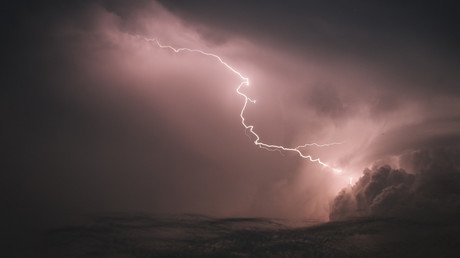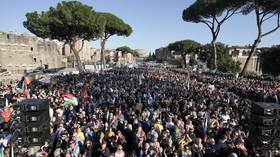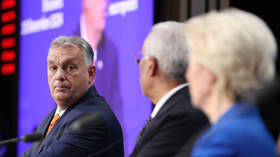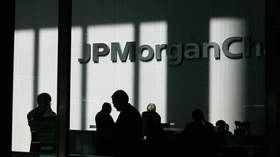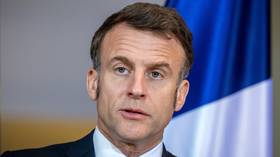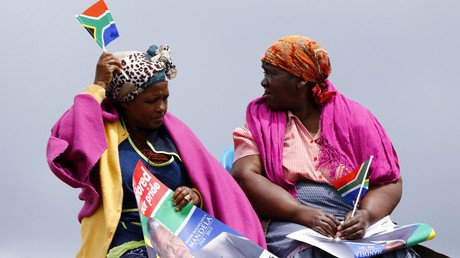Russia learned most from 2008 financial crisis – European Bank for Reconstruction and Development
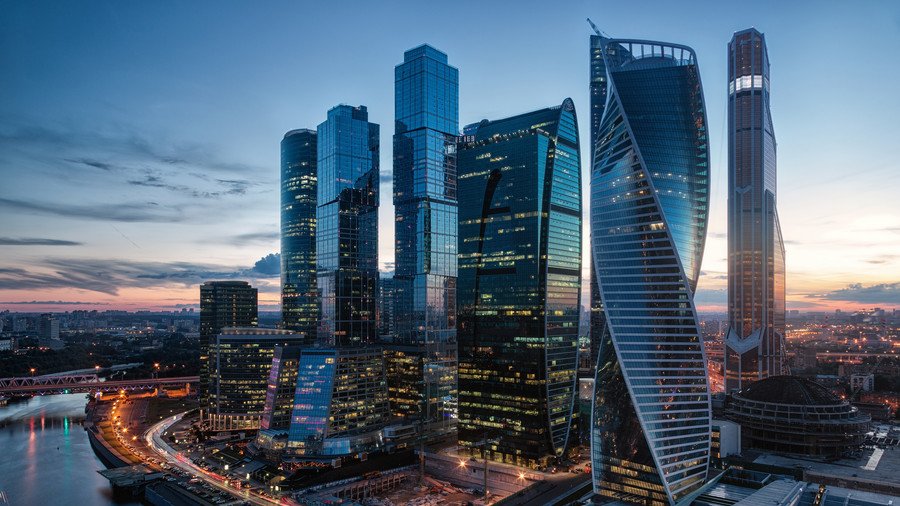
In the decade following the financial crisis, Russia is one of the few countries that took the necessary steps to protect its economy from global turbulence, says the European Bank for Reconstruction and Development (EBRD).
The 2008 financial crisis plunged economies across the globe into chaos for years, forcing the countries’ regulators to fight with the far-reaching consequences of the crash.
Russia managed to become a textbook example to follow when it comes to repairing damages, according to the chief economist at EBRD, Sergei Guriev. The analyst cites such steps as floating the national currency, introducing tougher banking regulation, as well as creating a bigger ruble-denominated bond market as the wisest measures the government could take.
“When Russia understood how painful global crises are, these (measures) were accelerated,” Guriev told Reuters, adding that the reforms served the country really well so far. “There was an eight percent recession in 2009 and a three percent recession in 2015, so it is a very different reaction to a major oil shock.”
The EBRD, established in 1991, operates in 36 countries across three continents. The multilateral developmental lender saw its markets hit hard by shockwaves from the global financial crisis, the worst since the Great Depression of the 1930.
“For the emerging markets, the main lesson is that you need to build deep and meaningful financial markets in your own country,” Sergei Guriev told Reuters. “Otherwise, because of problems in some other country you may have an external financing shock and you will have a crisis.”
Unlike Russia, Turkey learned the least from the 2008 financial crisis, according to EBRD. Many of the EBRD’s biggest lending markets has been stacking up too much dollar-denominated debt when the global rush to slash interest rates made it look ultra-cheap. Turkey, one of those nations, now has to use more of its reserves to pay the money back due to the rising dollar.
“Turkey has a high level of dollar debt, a lack of independent decision making by the central bank, a lack of inflation targeting which results in wiping out euro denominated financial markets, shorting the duration of lira financial instruments and reinforcing this burden of indebtedness,” Guriev said. “This is very unfortunate, because it could have been avoided.”
For more stories on economy & finance visit RT's business section
